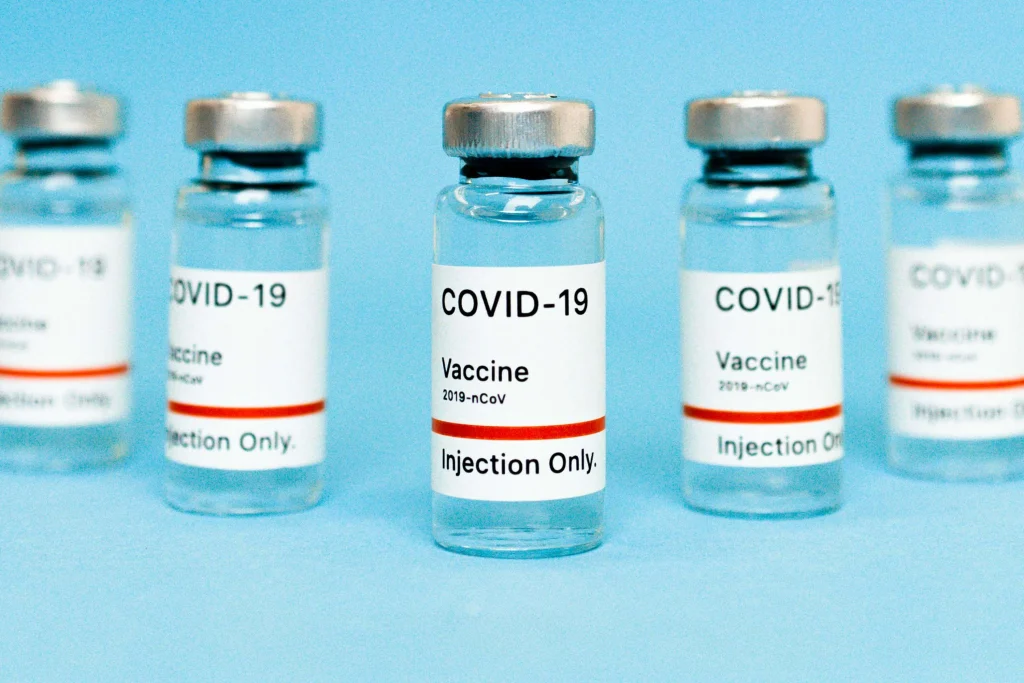FDA Expands Heart Risk Warnings for Pfizer, Moderna COVID Vaccines Amid Scientific Pushback
SILVER SPRING, MD — For males aged 12–24, the risk of heart inflammation after an mRNA COVID-19 vaccine just became harder to ignore. On June 25, 2025, the FDA mandated stricter labeling for Pfizer and Moderna vaccines, revealing that approximately 27 out of every million young males develop myocarditis or pericarditis within days of vaccination—a disclosure that has ignited fierce debate about transparency versus undue alarm.

The New Warnings: What Changed?
The updated labels now specify :
- Higher risk for young males: 27 cases per million doses in males 12–24 (versus 8 per million for ages 6 months–64 years).
- Persistent heart abnormalities: Cardiac MRIs showed lingering injury markers in >80% of patients 5 months post-diagnosis, though the FDA admits the “clinical significance is unknown”.
- Broader age coverage: Warnings now uniformly apply to males 12–24, eliminating prior age splits between Pfizer (12–17) and Moderna (18–24) .
These changes stemmed from analyses of commercial health insurance claims and a longitudinal study of 333 vaccine-linked myocarditis patients
Scientific Backlash: “Misleading and Dangerous”
The move has drawn sharp criticism from public health experts :
- Risk context ignored: Yale studies confirm COVID-19 infection carries a 16-fold higher myocarditis risk than vaccination. Most post-vaccine cases resolve with rest and anti-inflammatories.
- Contradicts CDC data: CDC databases detected no increased myocarditis risk from shots administered since 2022.
- Expert outrage: “This is exactly the wrong solution,” said Dr. Robert Morris, a University of Washington public health specialist. “We should predict who’s prone to myocarditis—not amplify fears despite overwhelming safety data”
Political Turbulence Under RFK Jr.
The timing raises eyebrows:
- Advisory panel purge: Health Secretary Robert F. Kennedy Jr. recently replaced all 17 CDC vaccine advisers with appointees including anti-vaccine advocates.
- Access restrictions: FDA Commissioner Marty Makary—a longtime booster skeptic—limited 2025–2026 COVID shots to seniors and high-risk groups, arguing “no gold-standard science supports them for average-risk Americans”.
- Ethical clashes: Dr. Paul Offit (Children’s Hospital of Philadelphia) counters: “Withholding vaccines based on placebo trials is unethical when COVID still kills”
The Cardiac MRI Puzzle
A September 2024 FDA-funded study added fuel to the debate:
- 333 patients with post-vaccine myocarditis underwent cardiac MRIs.
- 80% showed persistent injury markers (late gadolinium enhancement) at 5-month follow-up.
- No clinical impacts confirmed: Despite abnormalities, researchers observed no linked heart failure or death
Cardiologist Dr. Susan Cheng (Cedars-Sinai) cautions: “MRI findings don’t equal disability. Many athletes have similar markers without issues”
Fallout for Fall 2025 Vaccinations
The warnings arrive as the FDA finalizes its 2025–2026 vaccine strategy:
- Restricted eligibility: Only adults 65+ and high-risk groups will receive updated shots this fall.
- New formula: Monovalent vaccines targeting the LP.8.1 variant.
- Clinical trials required: Manufacturers must now prove efficacy for healthy children/adults under 65—a hurdle that could delay access
Table: Comparing Vaccine Risks vs. COVID-19 Infection*
| Risk Factor | Vaccination | COVID-19 Infection |
|---|---|---|
| Myocarditis (males 12–24) | 27 cases/million | 450 cases/million |
| Hospitalization | Rare | 3–5% of cases |
| Death | None linked | >1 million US deaths |
Voices from the Ground
For parents like Linda Martinez (Miami, FL), the warnings deepen uncertainty: *”My 16-year-old son had mild myocarditis after his first Pfizer dose. We skipped boosters—but now COVID’s spreading at his school. Which risk is worse?”*.
Pediatrician Dr. Alicia Reynolds (Boston Children’s Hospital) reports a 40% drop in teen vaccinations since April:
“Parents hear ‘heart risk’ and stop listening. They don’t hear that COVID poses far greater dangers”
What’s Next: Studies and Surveillance
- Manufacturer mandates: Pfizer/Moderna must conduct long-term studies on myocarditis outcomes.
- Global divergence: The EU and UK maintain broad vaccine access, citing infection risks that outweigh “extremely rare” side effects.
- Reporting urged: Suspected cases should be submitted to the Vaccine Adverse Event Reporting System (VAERS).
💎 The Bottom Line
The FDA’s expanded warnings reflect detected cardiac risks—but sideline a critical public health calculus: COVID-19 remains deadlier than vaccine side effects. As policy shifts constrain access, the real casualty may be trust in a tool that saved millions.
*”Transparency matters, but without context, it fuels needless fear. A 27-in-a-million risk isn’t zero—but driving to soccer practice is far more dangerous.”*
— Dr. Peter Hotez, Baylor College of Medicine








